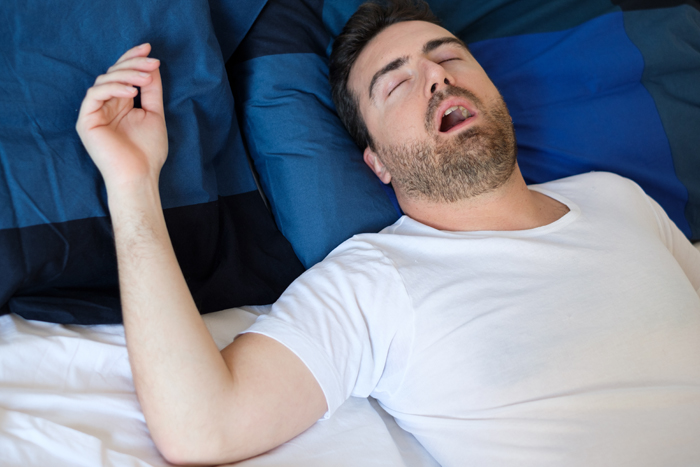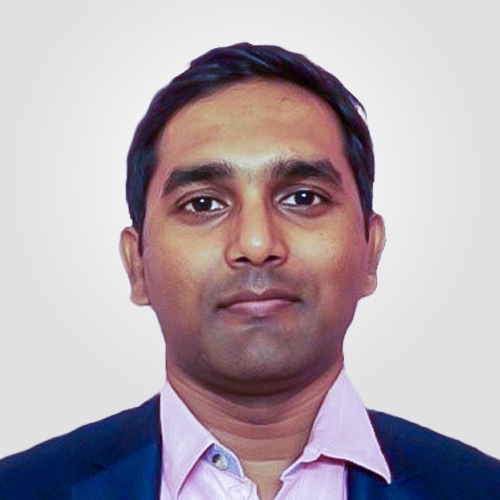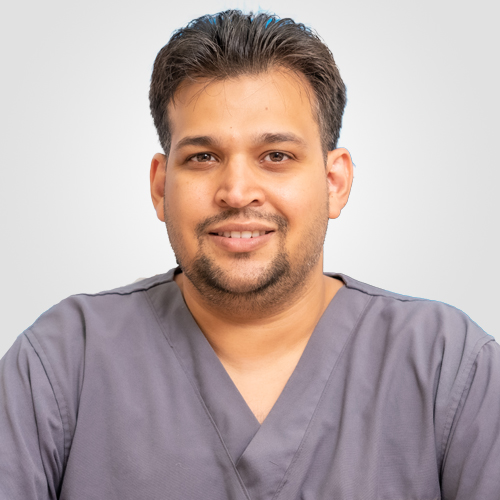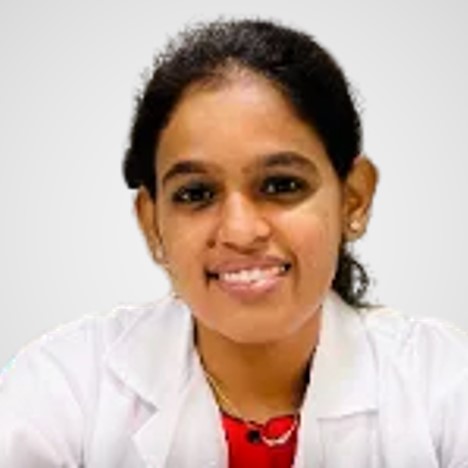Sleep Apnea Treatment in Sadashiv Peth, Pune
Sleep Apnea is a sleep disorder where breathing starts and stops repeatedly when an individual is asleep, without his or her knowledge. This poses a serious threat to the person suffering from the condition. One of the symptoms of Sleep Apnea is when a person snores very loudly when asleep and feels fatigued even after a proper rest for the whole night.

What are the Types of Sleep Apnea?
There are three main types of sleep apnea. They include;
Obstructive Sleep Apnea: This is one of the most types of sleep apnea where the throat muscles relax.
Central Sleep Apnea: This is a type of sleep apnea that occurs when the brain is unable to send proper signals to those muscles that control breathing.
Complex Sleep Apnea Syndrome: This type of sleep apnea is also known as treatment-emergent central sleep apnea. In this condition, the person suffers from both sleep apnea and central sleep apnea. What Causes Sleep Apnea?
Obstructive Sleep Apnea
Obstructive sleep apnea occurs when the back muscles of your throat start to relax. The responsibility of these muscles is to support the soft palate, uvula (triangular tissue that hangs from the soft palate), the tonsils, the tongue, and the sidewalls of the throat. So, these muscles should remain in attention because when they relax, your airway either narrows or closes, making it difficult for you to breathe.
When you don’t get enough air, the blood oxygen levels reduce tremendously. Sensing your difficulty breathing then your brain wakes you up to ensure your airway opens up. This is not a complete awakening. But something that generally goes unnoticed. It can be a gasp, snort, or choke. This keeps taking place throughout the night or your sleep cycle where the awakening can occur about 5 to 30 times or more in an hour each night.
Central Sleep Apnea
Here, your brain is unusable to send the necessary signals to your breathing muscles, which means, you don’t make any efforts to breathe for some time. This causes you to wake up due to shortness of breath. With central sleep apnea, you have a difficult time going to sleep or staying asleep.
When to See a Doctor?
If you are someone who snores very loudly, it can be an indication of a serious problem. Now, it doesn’t mean everyone with sleep apnea snores loudly. But it can be a major trigger. Therefore, it is best to consult your doctor for a correct diagnosis.
Request an appointment at Apollo Spectra Hospitals, Pune
Call 1860-500-2244 to book an appointment
What are the Symptoms of Sleep Apnea?
Some of the symptoms that people with sleep apnea experience include;
- Loud snoring - It can be so loud that it wakes up others who sleep close to you
- When you wake up, you may notice that your throat is sore or extremely dry as you tend to breathe through your mouth
- You remember waking up with a choke or a gasp
- Waking up multiple times at night
- Insomnia
- Lack of energy during the day
- Headaches in the morning
- Feeling forgetful
- Loss of sex drive or/and mood swings
- Waking up with dizziness
- Nightmares
How is Sleep Apnea Diagnosed?
After going through your signs and symptoms, your doctor will enquire more about the same to understand your condition. A sleep therapist may also be involved to determine your condition. Some of the tests that might be conducted include;
- Nocturnal polysomnography - Here, equipment is hooked to check your heart, brain, and lung activity
- Home sleep tests - Simple tests to measure heart rate and oxygen levels
How is Sleep Apnea Treated?
If the condition is less severe, your doctor might recommend tweaking your lifestyle to get rid of sleep apnea. However, in severe cases;
- Therapy - Here, air pressure devices can help rectify the condition to keep your upper airway passage open
- Surgery - According to your condition, tissue removal, jaw repositioning, implants or nerve stimulation is conducted Nasal masks can also be prescribed by the doctor to treat your condition
Finally, it is important to treat sleep apnea immediately as it hampers your breathing while you are asleep. If you notice any symptoms, talk to your doctor immediately.
It is important to avoid alcohol as it can relax the throat muscles when asleep worsening the condition.
It is recommended that you sleep on your side to prevent sleep apnea.
In some cases, maintaining a healthy weight helps. Talk to your doctor for more information.
Symptoms
Our Doctors
DR. SHIVPRAKASH MEHTA
MBBS, MS (ENT)...
| Experience | : | 15 Yeras Experience |
|---|---|---|
| Speciality | : | ENT, Head and Neck S... | Location | : | Sadashiv Peth |
| Timings | : | Mon - Sat: 1:00 PM t... |
DR. SUSHRUT DESHMUKH
MBBS, MS (ENT)...
| Experience | : | 13 Yeras Experience |
|---|---|---|
| Speciality | : | ENT, Head and Neck S... | Location | : | Sadashiv Peth |
| Timings | : | Mon - Sat: 2:30 PM t... |
DR. DIVYA SAWANT
MBBS, DLO, DNB (ENT)...
| Experience | : | 7 Yeras Experience |
|---|---|---|
| Speciality | : | ENT, Head and Neck S... | Location | : | Sadashiv Peth |
| Timings | : | Wed, Fri : 4:00 PM t... |
Our Top Specialities
NOTICE BOARD
CONTACT US
CONTACT US
 Book Appointment
Book Appointment





.svg)
.svg)
.svg)
.svg)








